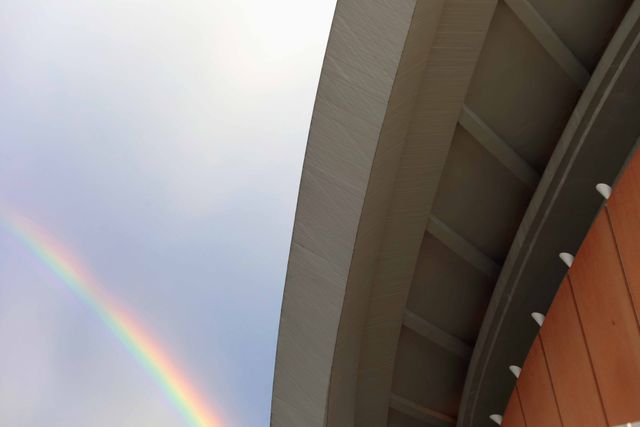Guided tour
Queer Topographies
Guided tour through HKW
In German

On the bank of the Spree, very close to HKW, a monument commemorates the former location of the Institut für Sexualwissenschaft (1919-1933) and its founder Magnus Hirschfeld. In his book Berlins Drittes Geschlecht (Berlin’s Third Gender), Hirschfeld mapped the lives of “Uranians” in Berlin at the turn of the century, describing scenes from pubs and other popular meeting places and classifying the linguistic codes used there.
Hirschfeld’s work as a physician and sexologist can certainly be viewed critically today as it is steeped in the eugenic discourses of his time, i.e., ideological concepts such as a doctrine of hereditary health. But his activist efforts to decriminalize homosexuality made the institute not only a research site, but also a refuge for queer people. In 1956, the Congress Hall, which has housed HKW since 1989, was built on part of the site of the institute that was destroyed by the Nazis.
Far from the grand narratives, a tour through and around the building directs the viewer’s attention to sideline settings and counter-narratives. Amid facts and fables, it’s about the construction history of the Congress Hall, institutional queering at HKW and the historic cruising area in the Tiergarten.
With Christopher Wierling